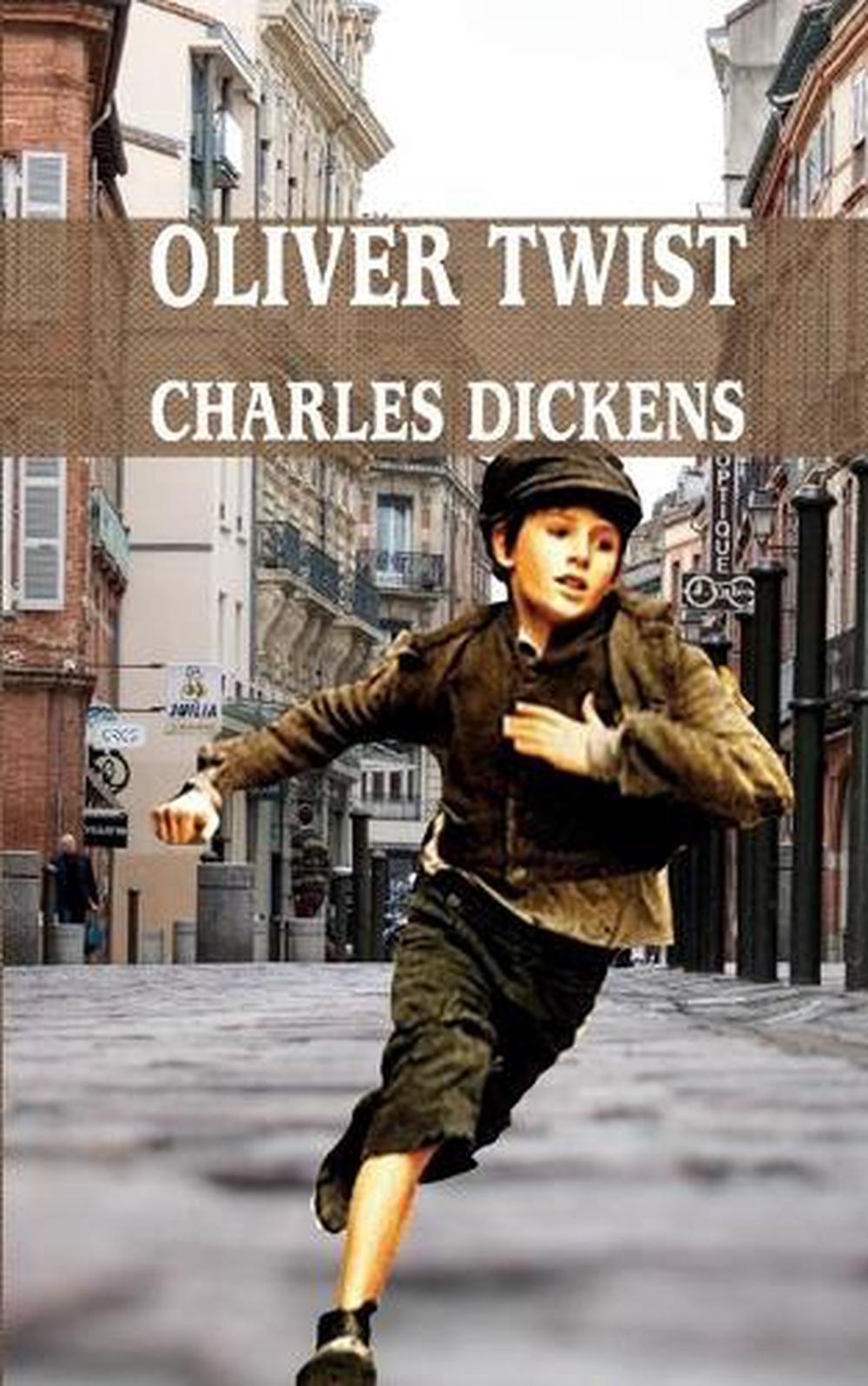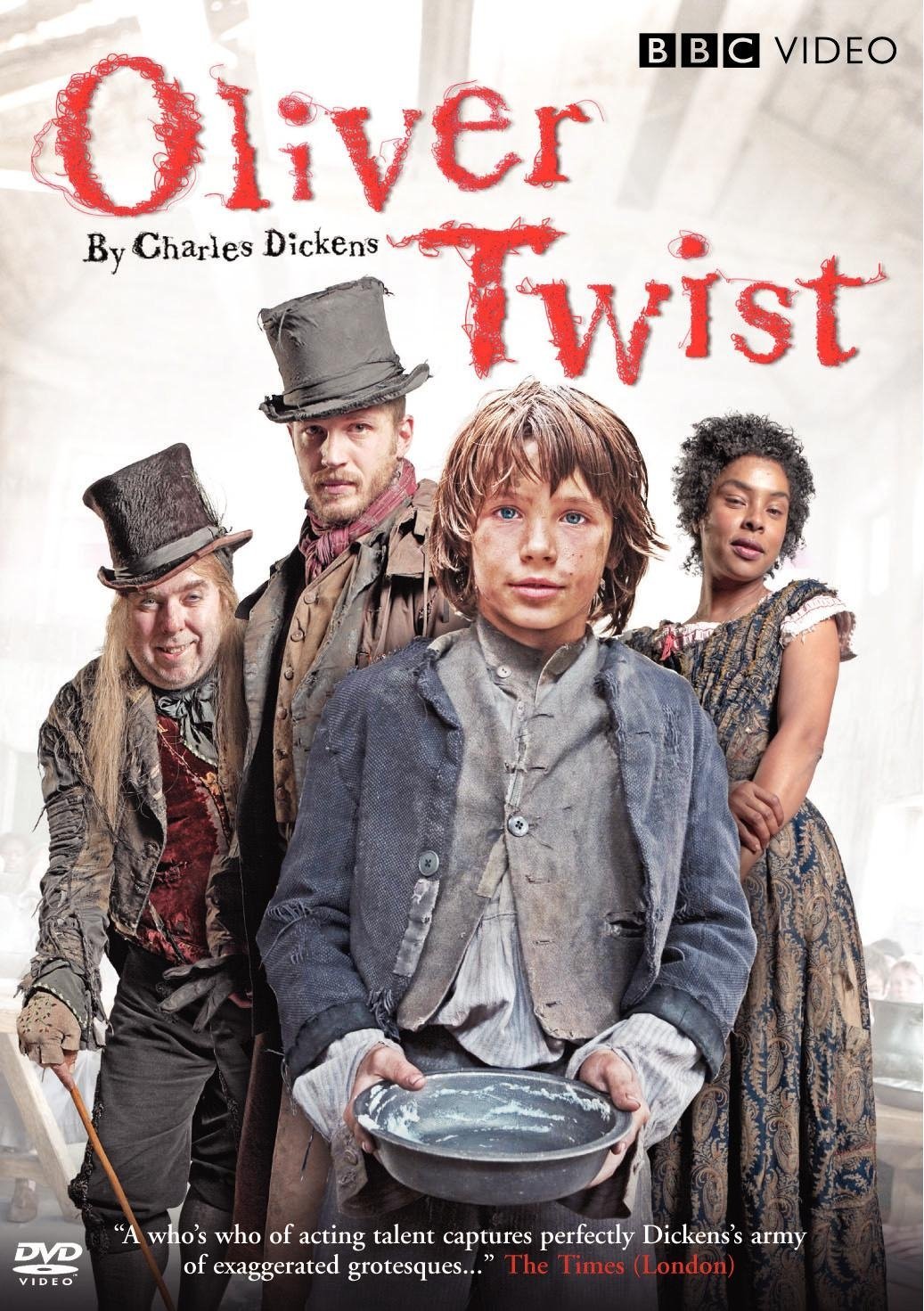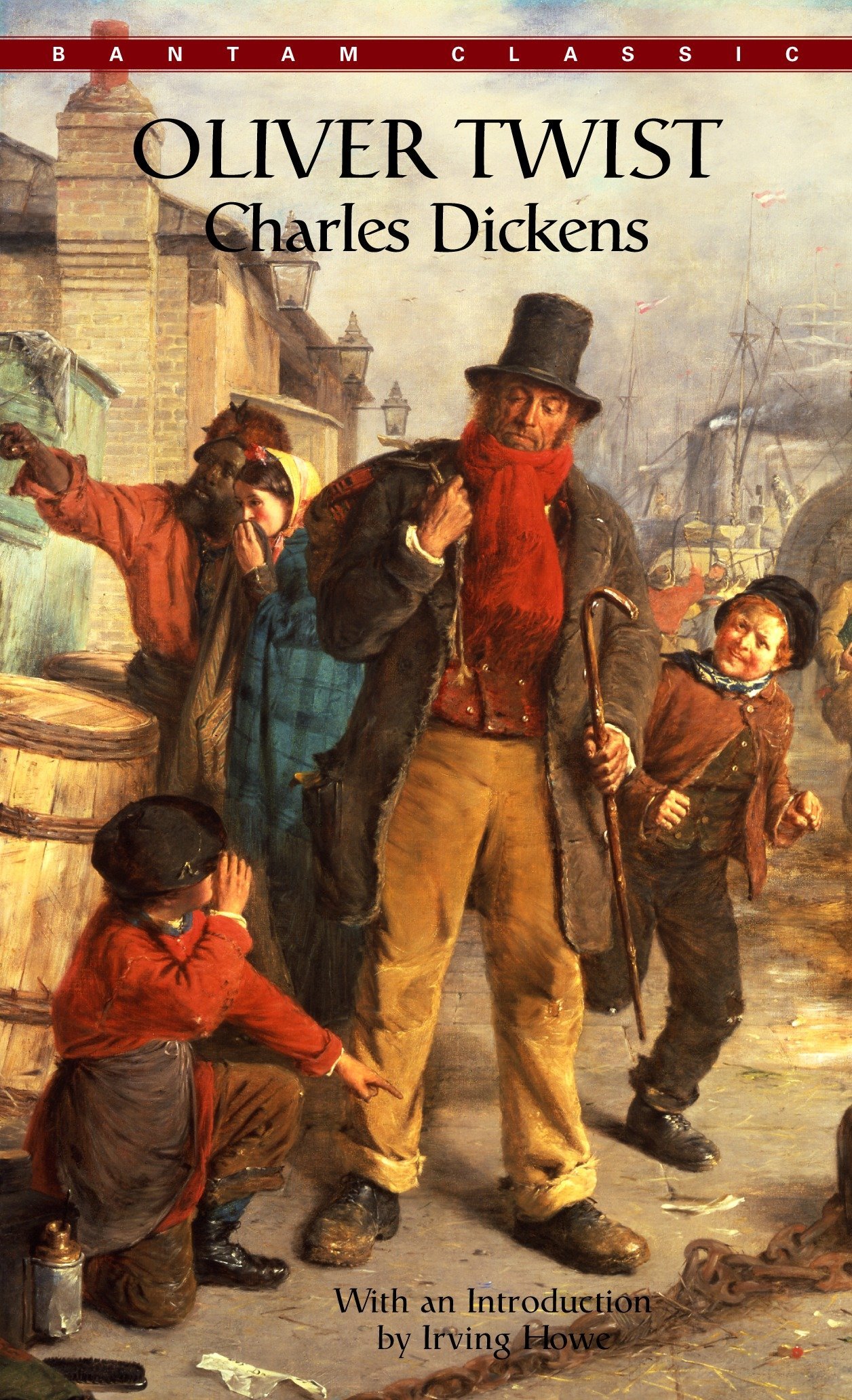
Sound familiar? The Dickensian theme of virtue being its own reward has its roots in the novels and poems of chivalry and redemption, where the good prosper and the "wicked" are sent packing.

And goodness - like criminal intent - may expect to earn its own suitable reward. He emphasizes the power of benevolence to overcome depravity. On the positive side, Dickens places heavy value on the elevating influence of a wholesome environment. HTML version by Al Haines Language: English: LoC Class: PR: Language and. Oliver Twist is an 1838 novel by Charles Dickens. When crime is the result of poverty, it completely dehumanizes society. Dickens, Charles, 1812-1870: Title: Oliver Twist Note: There is an improved edition of this title, eBook 46675: Credits: Updated: Credits: Peggy Gaugy and Leigh Little. The master aimed a blow at Olivers head with the ladle pinioned him in his arm and shrieked aloud for the beadle. Crime is bad enough in itself, Dickens seems to be saying. Nevertheless, Dickens researched that system extensively before writing the novel and his views undoubtedly had a cumulative effect. Dickens gives a great deal of attention to the painful alienation from society suffered by the criminal, who may come to feel completely isolated as the fragile foundations of his own hostile world snap. Oliver Twist is important as a crusading work of art, although it did not result in the dramatic changes in the English workhouse system that Dickens may have hoped.

One of the worse consequences of poverty and being deprived of life's essentials is crime, with all of its corrosive effects on human nature.

With poverty comes hunger, another theme that is raised throughout the book, along with Dickens's notion that a misguided approach to the issues of poverty and homelessness brings many evils in its wake. There is preoccupation with the miseries of poverty and the spread of its degrading effects through society. Oliver Twist is a novel teeming with many closely interrelated ideas.


 0 kommentar(er)
0 kommentar(er)
